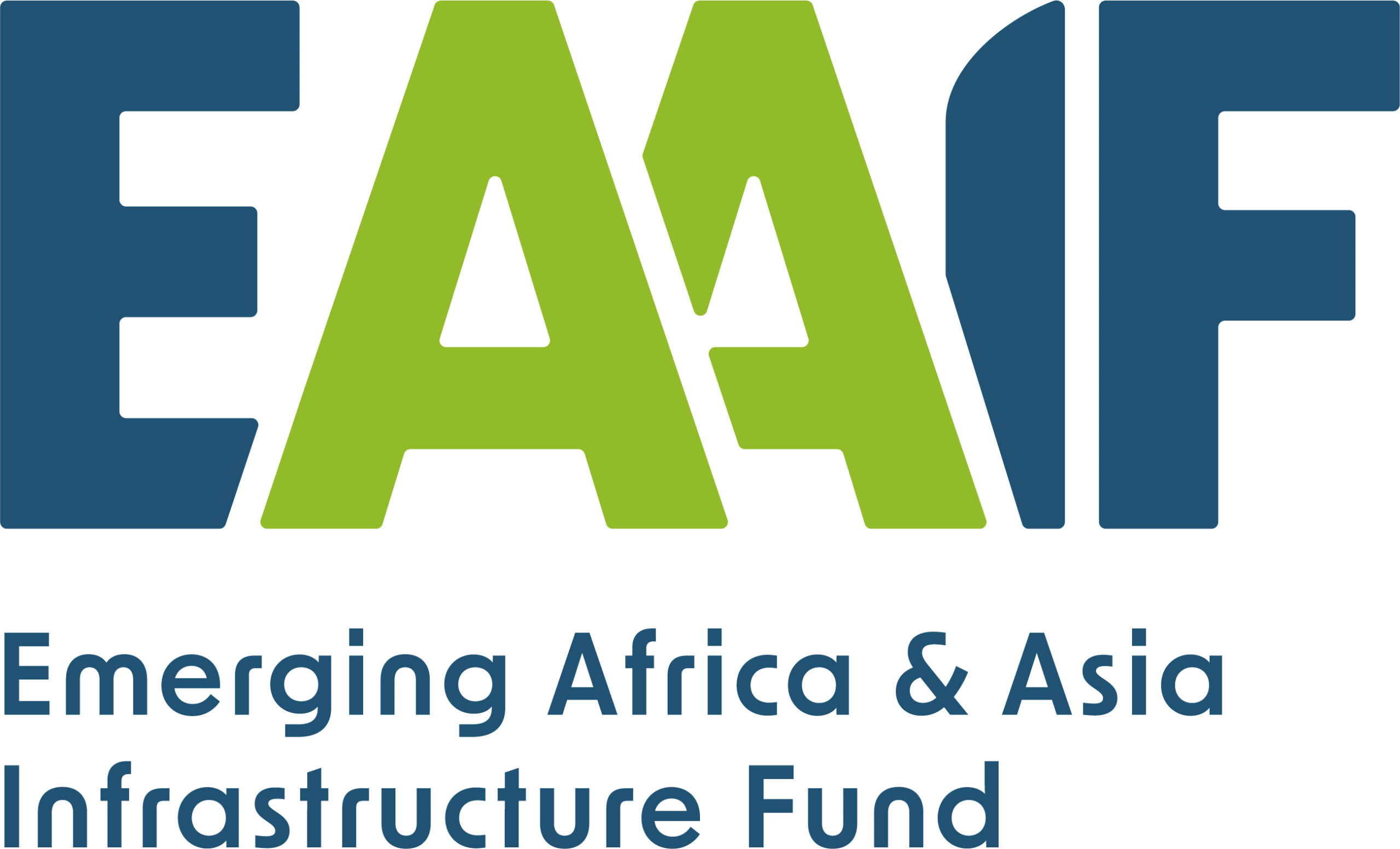EAAIF invests in USD 141.9 million sustainable aviation fuel facility in Pakistan, marking Fund’s first Asia investment
- EAAIF’s USD 20 million debt investment will contribute to the global uptake of sustainable
aviation fuel (SAF) to reduce CO2 emissions in the industry. - The transaction marks EAAIF’s first investment in the region as the Fund expands into Asia
and identifies high-impact projects to drive climate action.
Islamabad, 9th December 2024: The Emerging Africa & Asia Infrastructure Fund (EAAIF), a
Private Infrastructure Development Group (PIDG) company, managed by Ninety One, has
announced its first transaction in Asia with a USD 20 million debt investment in a first-of-its-kind
sustainable aviation fuel (SAF) facility in Pakistan. The pioneering project, developed by Safco
Ventures (SAFCO), will have a feedstock processing capacity of 200,000 tonnes and will deliver
145,000 tonnes of SAF per annum (and 18,000 tonnes of bio-naphtha), supporting the global
pursuit of net zero by reducing carbon emissions in the aviation industry. The facility will convert
locally-sourced feedstock, such as used cooking oil, into clean fuel, while supporting income
increases for Pakistan’s small businesses, hotels and restaurants which provide the feedstock.
The total debt financing of USD 86.2 million comprises a USD 41.2 million senior secured loan from
the Asian Development Bank (ADB), USD40 million of syndicated senior secured
B-loans from EAAIF and the ILX Fund (USD20 million each), and a USD 5 million syndicated parallel
loan from the International Finance Corporation (IFC). ADB acted as the sole mandated lead
arranger and bookrunner (MLAB) and arranged, structured, and syndicated the financing package.
Tidiane Doucoure, Director, Emerging Market Alternative Credit at Ninety One, the Fund
Manager of The Emerging Africa & Asia Infrastructure Fund (EAAIF), a Private Infrastructure
Development Group (PIDG) company said, “With this investment, we are affirming our commitment
to expand EAAIF in south and southeast Asia through major infrastructure projects that play a
transformative role and set new standards. Sustainable aviation fuel supply must increase by more
than 150x to meet the aviation industry’s needs and support the sector’s ambition to reach net zero by
2050. As a result of the provision of financing to Safco Ventures on this landmark project, upon
completion it will be one of the largest sustainable aviation fuel plants in the world. The Asian
Development Bank played an integral role on this transaction, and we look forward to more
collaborations with it in Asia.”
Aviation accounts for approximately 2.5 per cent of global CO2 emissions, a share projected to rise
to 5 per cent by 2050 without significant mitigation measures. In response, the International Air
Transport Association (IATA) and the International Civil Aviation Organization (ICAO) have set
ambitious targets for net zero CO2 emissions by 2050.
SAF has emerged as a cornerstone of these efforts, offering up to 85 per cent reductions in lifecycle
CO2 emissions compared to traditional jet fuel (kerosene)3, and playing a critical role in the energy
transition for the aviation sector. The IATA estimates that SAF could be the largest contributor
towards the reduction in emissions needed by the aviation sector to reach net zero in 2050. The
1450,000 tonnes of SAF from the Pakistan facility are expected to result in avoided emissions
totalling 489,000 total carbon dioxide equivalent (tCO2e) per annum*.
SAFCO, a leading biofuel producer in Pakistan, will operate the SAF facility and has secured a
long-term offtake agreement with Shell Eastern Trading (Pte) Ltd, a Shell Group company. The
project will use innovative technology from the French group, Axens, incorporating its patented
technology to convert vegetable oils and waste oils into renewable fuels.
The investment underlines EAAIF’s expansion into Asia as the Fund plans to invest over USD1
billion in emerging African and Asian economies over the next few years. The commitment to the
SAF facility supports EAAIF’s and PIDG’s mandate to identify and finance transformative
infrastructure projects that maximise climate impact and advance the transition to net zero.
Ali Shaikh, CEO at Safco Ventures (SAFCO) said: “The investment marks a pivotal step in Pakistan’s
development, introducing a cutting-edge technology to the nation. We are grateful to the Asian
Development Bank (ADB) for its pivotal role as the sole bookrunner and lead advisor, enabling us to
establish the first and largest SAF plant in South Asia. We are thrilled to have EAAIF involved in their
inaugural transaction in Pakistan, and we look forward to a cleaner, more sustainable future.”
Suzanne Gaboury, Director General for Private Sector Operations at the Asian Development
Bank (ADB) said: “This financing reinforces ADB’s commitment as the Asia and the Pacific’s climate
bank and addresses the limited decarbonization options in the aviation sector. ADB has been a driving
force behind this transaction, providing and mobilizing long-term financing to fuel the development of
the region’s first SAF project and reinforce market confidence.”
*Based on an upper estimate of the production emissions. The avoided emissions assessment assumes a consistent
lower heating value of 42.8 MJ/kg for both SAF and kerosene, and uses the fossil fuel comparator of 89 gCO2e/MJ,
as per ISCC EU / CORSIA nomination.
